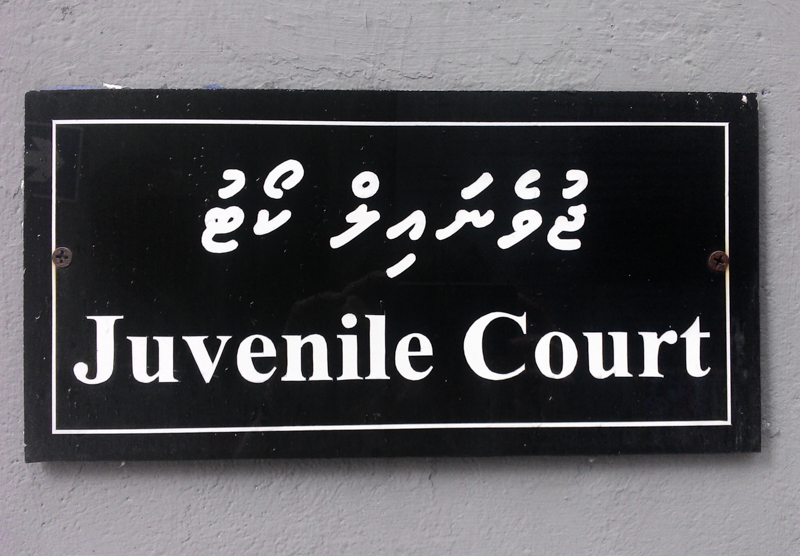A new penal code is due to come into force at midnight tonight, but the three judges of the Juvenile Court are the only judges who have been trained on the provisions in the new law, reliable sources have told Minivan News.
The juvenile court has declined to comment on the matter, while the Department of Judicial Administration (DJA) said no judges have been trained on the new law.
Judges and lawyers told Minivan News in April that the Supreme Court has denied permission for judges and magistrates to attend trainings conducted by the attorney general’s office and the UNDP at a special legal sector resource center, which was set up last year to train law enforcement agencies, judges, lawyers and journalists on the new penal code.
“The penal code is a large, extensive document with criminal proceedings that is new to the Maldives. I wanted to attend but the Supreme Court wouldn’t give us permission,” a judge who wanted to remain anonymous told Minivan News at the time.
The existing penal code was adopted in 1968 and has been criticised as draconian, outdated and not in line with the democratic constitution of 2008.
Speaking at a symposium about the new penal code in April, Attorney General Mohamed Anil said the country should bid farewell to the existing law “without any fear” as it was unsuited to the present day. The Majlis however delayed the law’s enforcement by three months in the same month claiming more time was needed to raise awareness.
Former Prosecutor General Hussain Shameem says that some 1100 people people have been provided extensive training as part of preparations for implementing the penal code.
“We have never been more prepared for a law than this,” he said.
The Supreme Court has meanwhile drafted a penal code of its own, which proposes lowering the age of criminal responsibility to seven years and sets hefty fines and jail terms for defaming a state employee.
But the People’s Majlis has suspended its sittings to block MPs from submitting any changes. Explaining the decision to suspend sittings, a senior ruling party MP told Minivan News: “We will not allow the judiciary to dictate laws and overstep its mandate.”
A source familiar with the apex court’s draft said it will undo ten years of work put into modernizing the Maldives’ criminal laws.
In the draft, defamation of a state employee by using the media is punishable by up to eight months in jail or a MVR15,000 fine. Providing misleading statements about court proceedings is punishable by up to three years in jail and a maximum fine of MVR30,000.
Reporters will have to bear criminal responsibility for translating or reproducing statements issued by international bodies that defame state employees, the draft said. Meanwhile, courts can also shut down media outlets if defamatory statements are published.
However, with the new penal code, the Maldives will become the first Islamic country to adopt a criminal law compatible with both the Islamic Shariah and international human rights standards.
The Maldivian judiciary has been widely criticized over politicization and the lack of academic qualification of sitting judges. The new penal code will regulate judge’s discretion in meting out punishments.
Correction: Minivan News has removed a statement from this article that said the training of the juvenile court judges had taken place without the Supreme Court’s permission.



